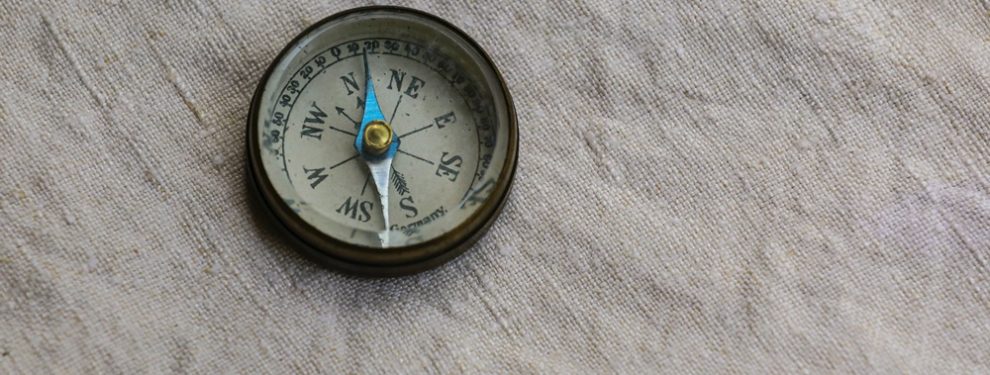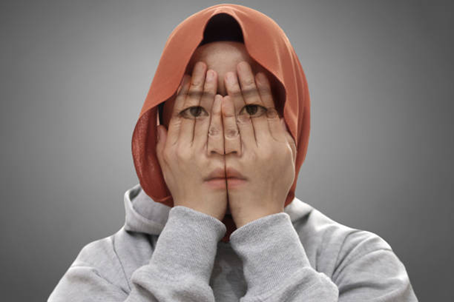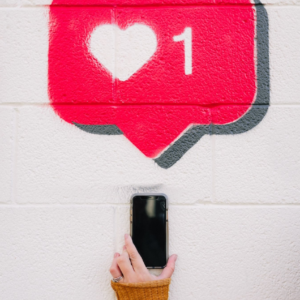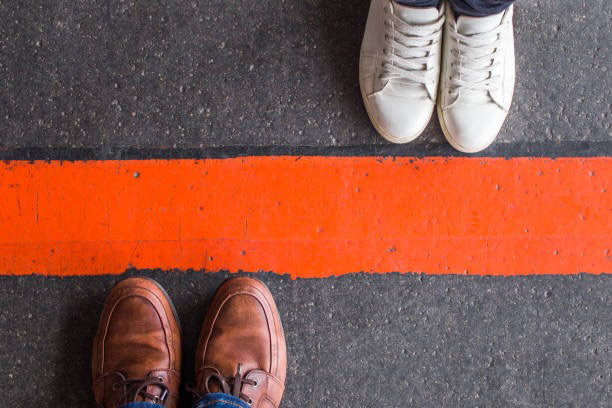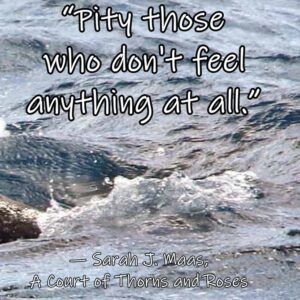
Our emotions have a purpose. Emotions spring from our amygdala to motivate us and keep us safe. They are evolutionarily advantageous. They make us runaway from danger. They urge us to run toward what we want.
As parents we want to protect our kids from “bad” feelings. We try to shield our kids from anger, fear, hurt, shame and guilt. All those emotions have their place and their purpose as well. If we have never been afraid, we have not pushed ourselves. If we have never been hurt we have not given our hearts to something. In our desire to protect our children from “bad” feelings we run the risk of blunting their experiences. When we help them too much, they don’t get to experience the full range of their emotions, both the good and the bad.
Guilt and shame also have purpose, they keep us from treating others badly. To stay in community, we need to restrain our behaviors sometimes. Guilt and shame used properly help us to avoid damaging our relationships. Communities build “acceptable” behaviors or standards that allow us to work and live together. If we are avoiding shame and guilt, we are less likely to do things we know are socially unacceptable.
Guilt moves us to repair, to make amends for bad behavior. It tells us to look at our part in any discomfort, then to figure out how to move beyond it and hopefully not repeat it. Shame lets us know we are doing something we think others will disapprove of. Shame can keep us in line, socially. It is good we have shame so we don’t act out of our selfishness.
Shame can also be harmful. If I am shamed when I acknowledge my bad behavior then I will be inclined to hide or isolate myself. It is also important not to get trapped by our shame. Important not to conform so much to social norms that we lose ourselves. It is too easy in this day and age, when social media shields trolls from feeling guilty, for us to believe we are wrong when we are different.
As parents from pregnancy on, we learn that everyone has their opinions, from what to name the baby to how we should . . . you name it from dressing them to schooling them and on and on. There is no end of good advice offered to parents, which can feel shaming. And with each developmental stage comes new advice. By the time those kids are pre-teen and teen there are even more opinions. As parents we can struggle with the line between our child’s self expression and “inappropriate” choices of clothing or changed behaviors. That balance between conforming to social norms to be part of a community, and what we should do to be our best selves can be a hard balance to achieve, as a parent or a teen.
This is where anger can enter. Anger also has a purpose. Anger helps us to know when we are being pushed too far. When I feel angry it is often because the suggestions felt directive. Sometimes, conforming myself to social norms can feel like I am deforming myself. This feeling can be especially profound during adolescence when humans are working to understand who that self is. It is often healthier in these moments to be angry than to become a pretzel and feel shame for being ourselves. It is important to know ourselves, and not take on shame for who we are. We are individuals and as such each have our own unique characteristics.
.
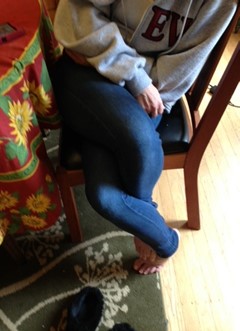
Our teenagers are best served when they are allowed to learn all of the things that their emotions can teach them while they are still at home with us. It gives us the opportunity to help them understand what is marvelous about them, as well as when they have crossed a line. As parents it is not our job to protect our children from their feelings or to give into them. Instead, we can try to help them sort through their feelings.
All emotions have purpose. As parents we can listen and help our teens understand how emotions can be used and misused. Guiding our children through those turbulent waters is one of the greatest gifts we can give them. Emotions are hard to sort through, while we are in the throes of them. Standing on the bank while our children are in the throes can be hard. We want to wade in and save them, but if we can manage to help point out the rocks from our perspective on the bank, will allow them will learn how to navigate for themselves.
